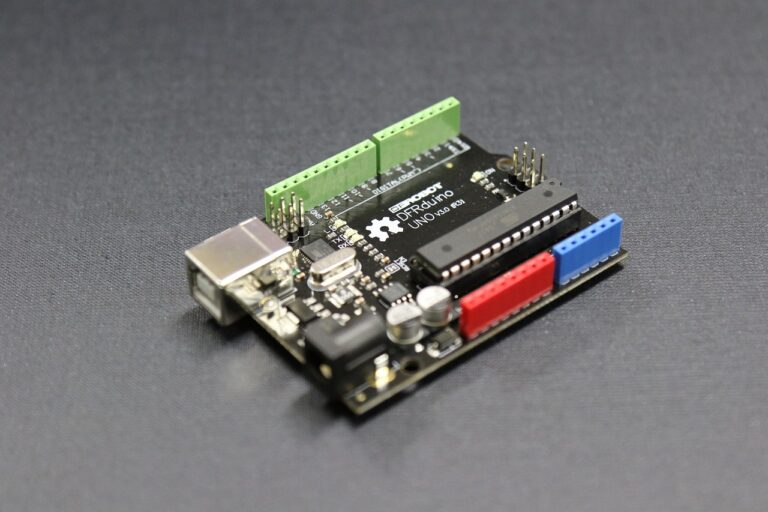Understanding the Role of Educational Neuroscience in Teaching and Learning
Educational neuroscience is a burgeoning field that seeks to bridge the gap between cognitive psychology, education, and neuroscience. By exploring how the brain processes information and acquires knowledge, researchers aim to better inform teaching methods and learning strategies in educational settings. This interdisciplinary approach allows educators to gain valuable insights into how students learn, remember, and apply information in a classroom setting.
Through studying the neural mechanisms involved in learning and memory, educational neuroscience provides valuable tools for educators to enhance classroom instruction. By understanding how the brain encodes, stores, and retrieves information, teachers can tailor their teaching methods to optimize student learning outcomes. This knowledge empowers educators to implement evidence-based practices that are informed by the latest research in cognitive neuroscience, ultimately improving educational outcomes for students of all ages.
The Science Behind Learning and Memory
Understanding the intricate processes of learning and memory involves delving into the realm of educational neuroscience. The science behind how knowledge is acquired, stored, and retrieved is a complex interplay of neural mechanisms within the brain. When we engage in learning, our brain forms new connections between neurons, strengthening existing pathways and creating new ones to encode information.
Memory, a crucial component of learning, involves the brain’s ability to store and retrieve information. Through a process called encoding, sensory input is transformed into a neural code that can be stored in different areas of the brain. Retrieval is the act of accessing and bringing forth stored information when needed, a process that relies on the brain’s intricate network of connections and pathways. By unraveling the mysteries of learning and memory through the lens of neuroscience, educators gain valuable insights into how to optimize teaching strategies and enhance student outcomes.
The Impact of Brain Development on Education
Understanding the intricate relationship between brain development and education is crucial for educators seeking to optimize learning outcomes. Research in educational neuroscience has shed light on how the brain evolves from childhood through adolescence, highlighting the importance of tailoring educational practices to align with these developmental stages. By leveraging insights from neuroscience, educators can implement targeted strategies that align with students’ cognitive abilities at different ages, ultimately enhancing the learning experience.
Brain development plays a pivotal role in shaping a student’s capacity for learning, memory retention, and overall academic success. As the brain undergoes significant growth and rewiring during the formative years, educational interventions can have a profound impact on cognitive development. By catering to the specific needs of developing brains, educators can create environments that foster optimal learning conditions, setting students up for long-term academic achievement.





